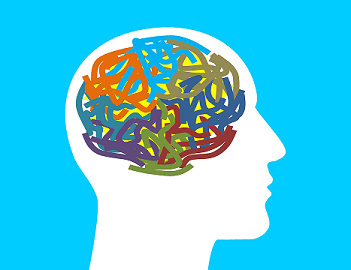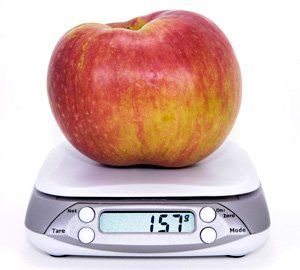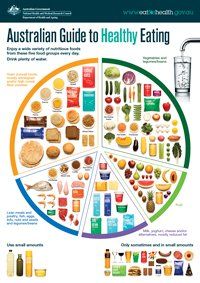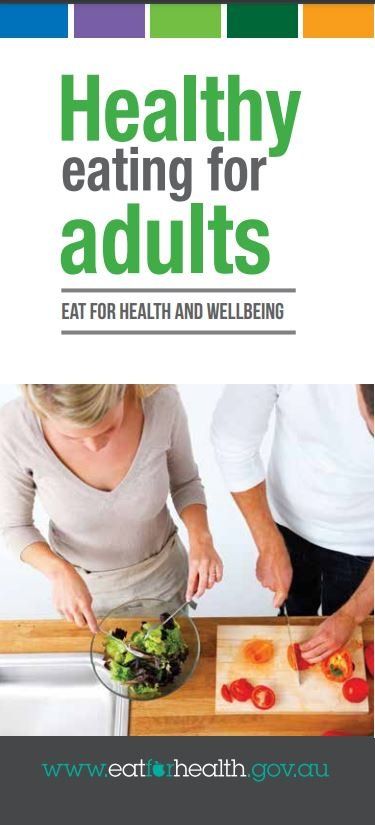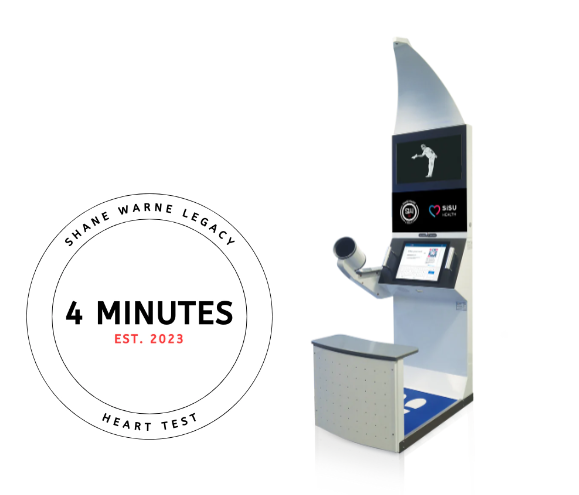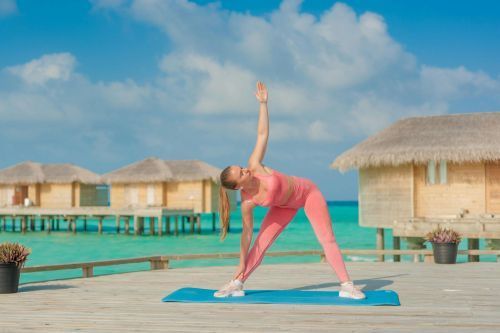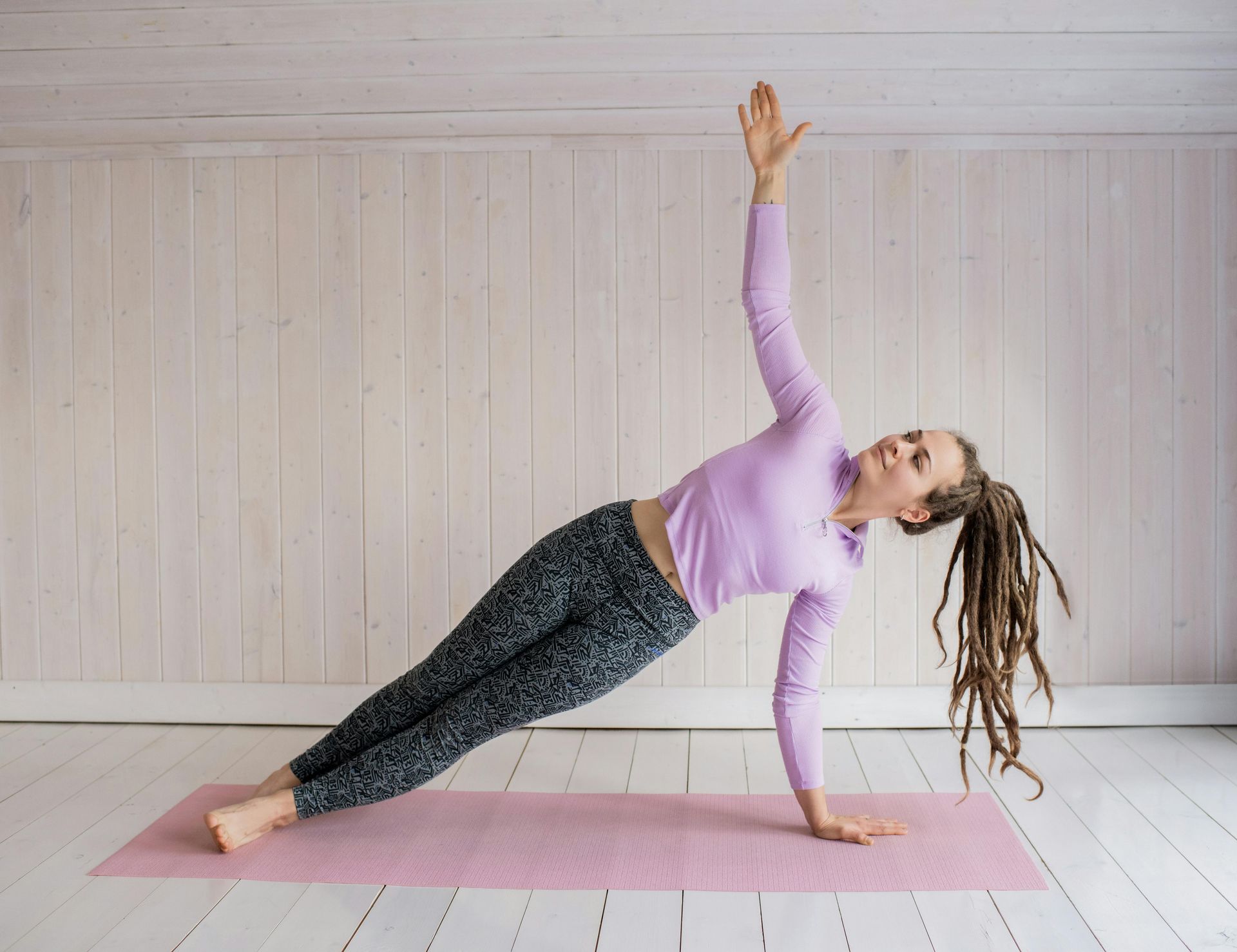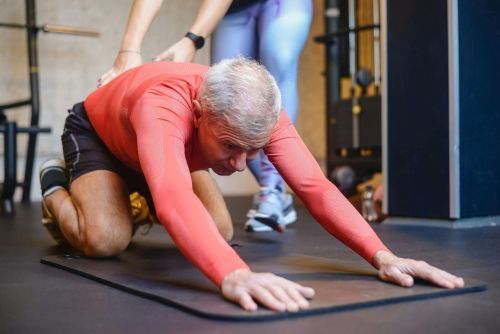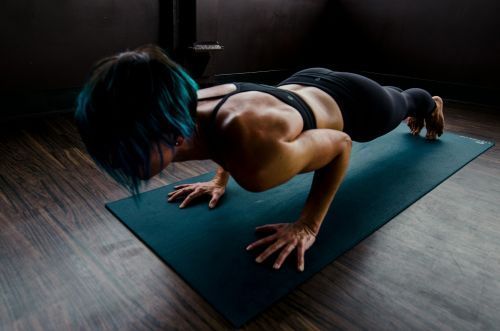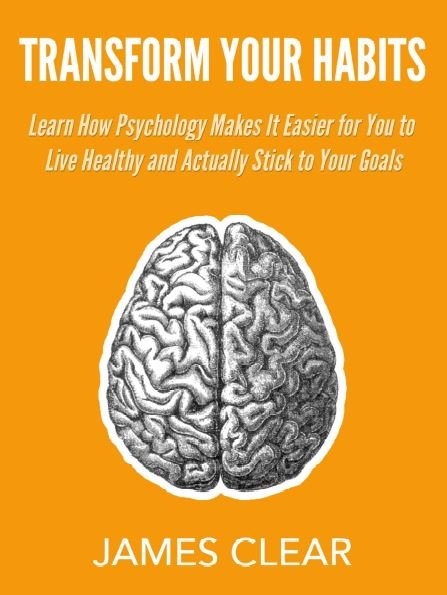Download your FREE copy of James Clear's, Transform Your Habits
- How to reverse your bad habits and stick to good ones.
- The science of how your brain processes habits.
- The common mistakes most people make (and how to avoid them).
- How to overcome a lack of motivation and willpower.
- How to develop a stronger identity and believe in yourself.
- How to make time for new habits (even when your life gets crazy).
- How to design your environment to make success easier.
- How to make big changes in your life without overwhelming yourself.
- How to get back on track when you get off course with your goals.
- And most importantly, how to put these ideas into practice in real life.


